I can recall an Easter break where we stayed in a caravan above Woolacombe Bay, which lies between headlands that jut into the Bristol Channel, a wide expanse of water between Devon to the south and South Wales, which is just too far to be visible in the sea haze. In the early evening I set off to stroll the mile or so to one of the headlands. As the sun sunk towards the South West I was conscious of walking through a land on the edge, for this stretch is moorland, sheep country, tended by a determined shepherd. With the bulk of the tourists having retreated to the holiday camp, leaving the beach empty, I was struck by the great background silence of nature, only punctuated by the occasional squawks of seabirds and the booming gusts of wind from the North West. I find it strange that I can remember a short walk so long ago, but perhaps I was conscious of being in a liminal space, the border between two worlds. It was a time for quiet reflection.
I think it worth adding that the beach has some wonderful rock pools, one large enough for a canoe to be paddled.That made the place memorable.
On another occasion we stayed in a lovely thatched house with a beautiful garden with chickens running free within its bounds. One incident that has stuck in my eldest son's memory is when we were sitting down at our meal when a tiny shrew raced in through the backdoor and out I know not how. This was the only time that I have seen a shrew. I can still remember the lady who owned the property, a real gem of a person, someone who has left a good impression on our memories.
But Devon has wild places. Dartmoor is one. This granite massif with its tors reaches about two thousand feet at its highest and is lonely and dangerous. In the Bronze Age it was an inhabited highland until climate change caused massive peat growth. The result has been the growth of bogs, one of which near the centre is Cranmere Pool, into which the long distance walker John Hillaby once stumbled when disorientated in a mist. He kept his head and managed to extricate himself, wiser and wetter than he was when he went in. A basic rule for Dartmoor is "Stick to the paths!" There are ancient mine shafts whose mouths are partly concealed that are dangerous for the unwary. Dartmoor is a wonderful place great for peaceful walking and enjoying the wild ponies and the small patches of ancient upland oak wood, such as Wistman's wood, but take it seriously.
Exmoor, is not as boggy as Dartmoor and it makes for good peaceful walking, but it is a place where mists can roll in from the sea, so enjoy with care. Exmoor is well-known for wild life, including wild ponies and red deer, along with a rich variety of bird life.


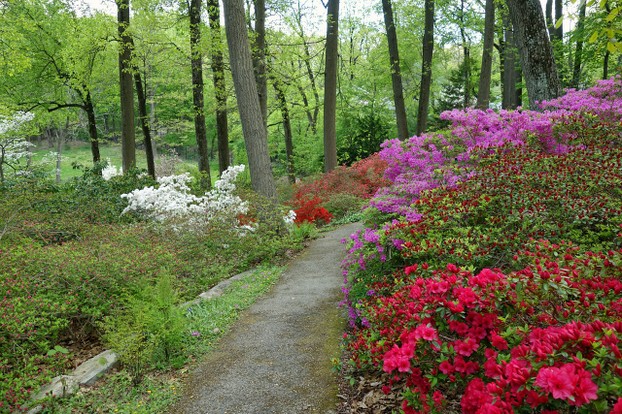
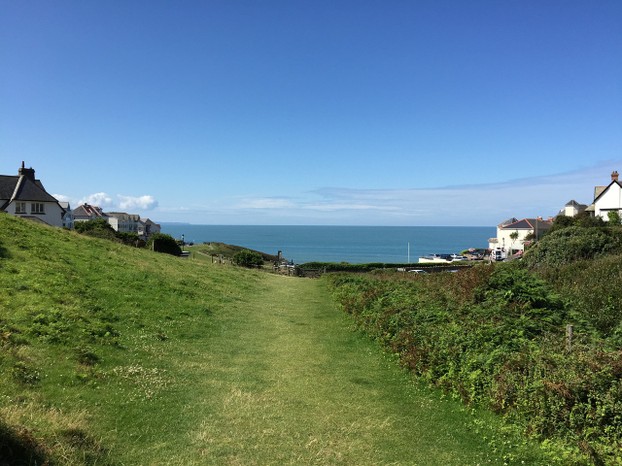



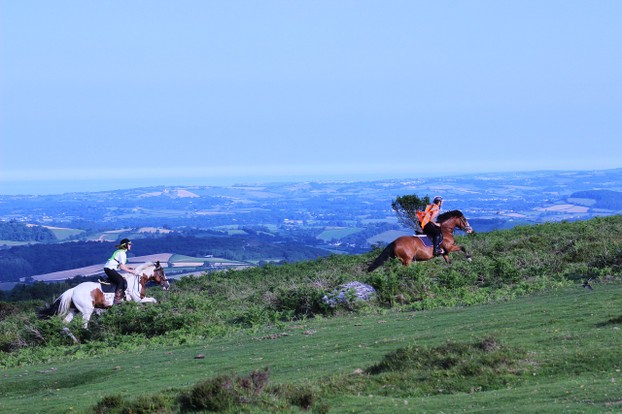
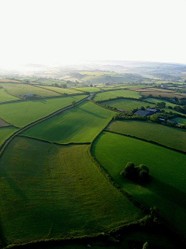

 Pilgrimage. A review26 days ago
Pilgrimage. A review26 days ago
 Leo the Fourteenthon 05/09/2025
Leo the Fourteenthon 05/09/2025
 The Melsonby Hoardon 03/25/2025
The Melsonby Hoardon 03/25/2025
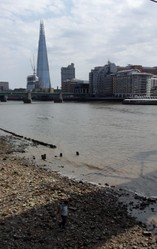
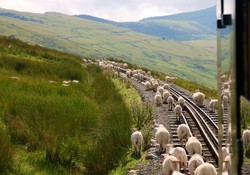
Comments
Fireflies are uncommon in Britain, and are mainly in the south. I have never seen them, as I am in North West Britain.
Thank you for your comment below, in answer to my previous observation and question.
Fireflies and wild onion and strawberries appear the last weekend of April through the first weekend in November.
But not this year! Fireflies appeared in mid-April. Wild onions appeared in mid-April. Wild strawberries appeared in late May. But both the latters disappeared by late July.
Fireflies kept to their schedule...until this past week!
Might you have, or have not, fireflies now?
Yes. Britons eat a wide range of foods.
Thank you for your comment below, in answer to my previous observation and question.
Cinnamon-ed apples appeal to Unitedstatesian palates too!
Some Unitedstatesians associate fresh and prepared raspberries and strawberries with cinnamon, ginger and sugar.
Might the aforementioned trio appeal to British Isles-ers?
We like apples, spiced or unspiced, often cooked with cinnamon.
Thank you for your comment below, on Nov. 13, 2020, in answer to my previous, previous-day observation and question on Nov. 12, 2020.
Some Unitedstatesians appreciate apples spiced -- especially in cider, jam, jelly, pastry, sauce, tea -- in everything, fresh or prepared.
Do British Isles-ers like their apples spiced?
No particular jam, but as the area is known for apples, apple jam might be common, but strawberry and raspberry are popular.
frankbeswick, Thank you for the pictures, practicalities and product.
Is there a particular kind of jam that is served with cream or will any jam do?
The Summer weather is good, but there can be storms in other seasons. Devon is said to be a good place to live.
I would have guessed any western location to be subjected to Atlantic storms, but this appears to be a serene place. I am amazed by the variations of natural aspects of different parts of England.